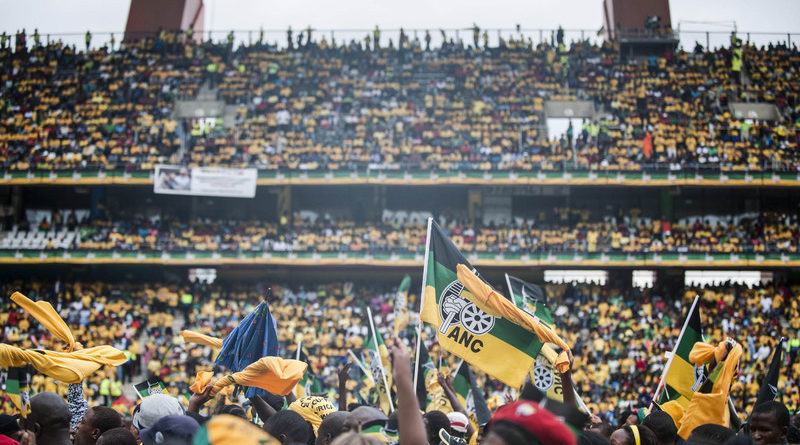ANC, learn from the private sector
Within the past few days, former president Kgalema Motlanthe said it would be good if the ANC was voted out of office (good for the ANC, that is), the outspoken MP Makhosi Khoza resigned from Parliament and from the ANC, and the Bank of Baroda won a court case to allow it to stop being the Guptas’ banker. And all this took place against the background of massive ructions at auditing and accounting giant KPMG, which withdrew its controversial report on the South African Revenue Service, apologised for producing a dodgy document on behalf of Sars, and saw the resignations of several senior figures, including the chief executive.
It’s almost too much to keep track of. But the links between these kinds of events in our national, economic and political space, however various they may seem, are becoming clearer in our minds. It’s like the final season of a long-running hit TV series, in which the plot speeds up and starts rushing towards as much resolution as it can manage before the final credits come down.
Is that where we are now? Tempting though it is to posit a last battle, an Armageddon of good versus evil in which good can only triumph, we should be cautious in our predictions of a rapid victory or defeat. Yet it is undeniable that the KPMG imbroglio, alongside the similar kerfuffle to do with the McKinsey consulting firm, puts a great big crack in the edifice of corruption built by those who have been happily and busily looting the state, with assistance from captured officers of the state, for so long.
It’s notable that in the KPMG case, as well as that of the Bank of Baroda, the attempt at self-correction was a private initiative, based on information that had emerged in the media. These moves came from within the organisations – in the case of KPMG, from its international parent company. Contrast this with the inaction on the part of the Hawks and the National Prosecuting Authority, bodies that are supposed to be leading the fight against corruption, tax evasion and so forth, and it begins to look like the private sector is more capable of self-correction than the organs of a state led by the onetime liberation movement.
The ANC used to pride itself on its ability to resolve matters with widespread consultation and consensus, and believed that its strong connection to the people meant that it would self-correct if it strayed off the ideological path. But since it gained power and became a governing party, and with accelerating speed in the past decade, it has not so much strayed off the path as it has driven its 4×4 right off the road and into the bush.
Whatever it says, the ANC is not delivering, neither in governance nor in economic terms. Let us hope it’s a 4×4, in fact, and that the ANC can make it through this patch of rocky wilderness; if it’s a skorokoro, it will come to a grinding halt. It might be, as Motlanthe says, that the best thing for the ANC would be to lose a national election. It would be suitable punishment for its support of Jacob Zuma and its dereliction to duty. Or it may be that, as Khoza said in her resignation speech, the ANC has become so “alien and corrupt” that it is not fixable, and it’s better to pursue elsewhere the ideals it once stood for.
It seems an insult to a once-proud organisation, one that stood firm against the exploitation of the masses and now makes big noises deprecating capitalism and “the West”, to recommend that it take a leaf from the book of capital. But, in this case, the private sector has at least shown the way to go towards accountability – and the ANC should follow suit.
mail&guardian, South Africa

